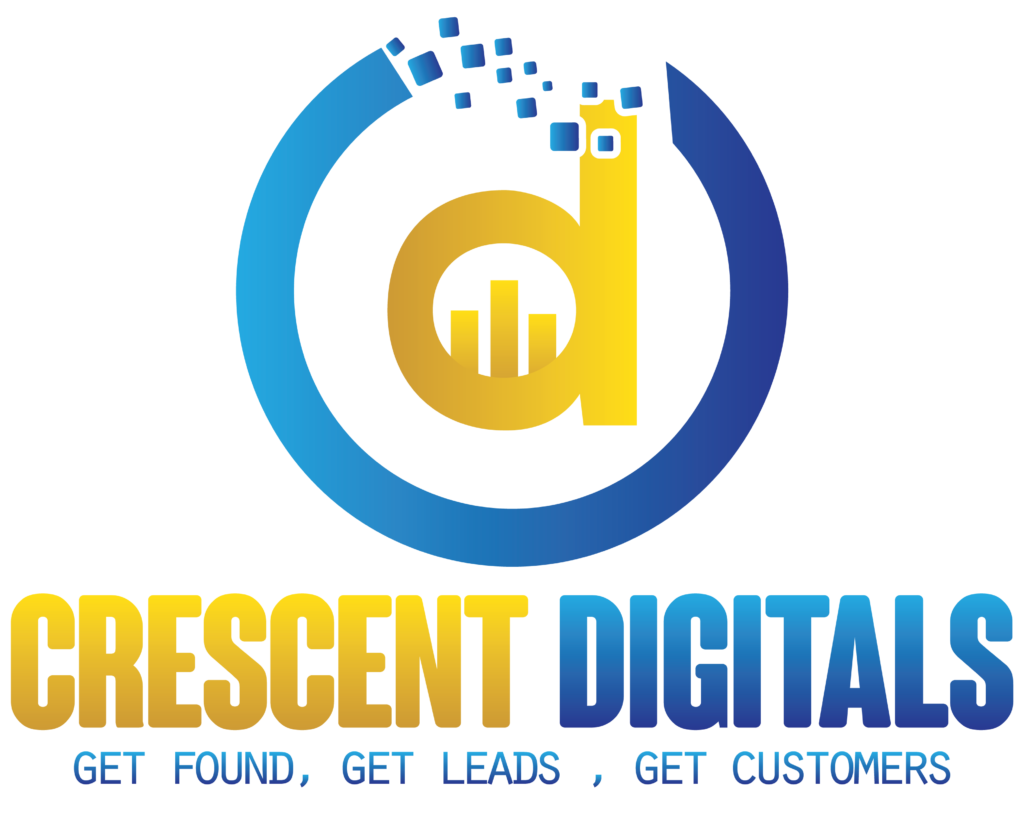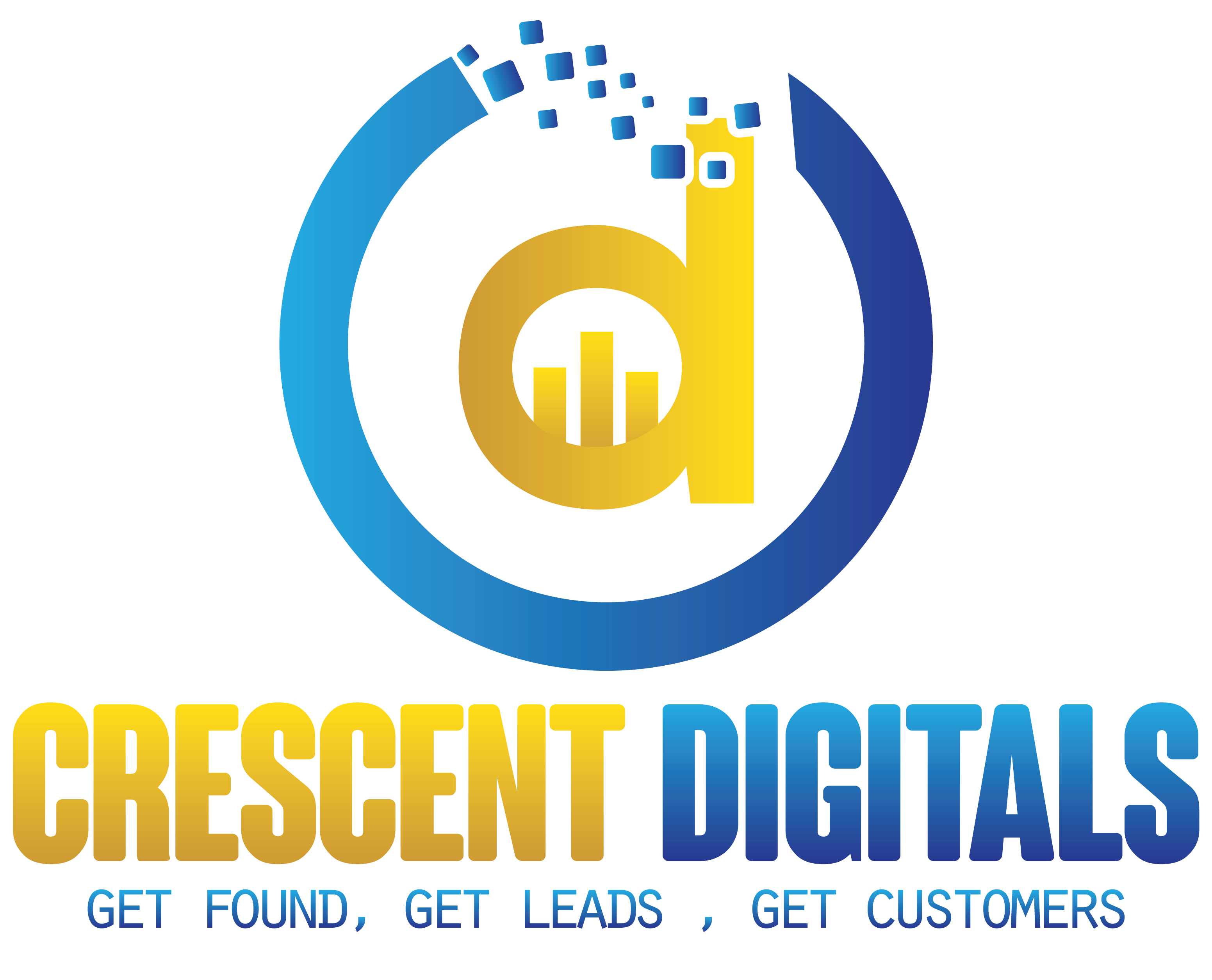How to Content Writing for Website? To craft effective website content, focus on providing valuable information to your audience, using relevant keywords, and creating an engaging and concise copy. Creating content for a website is a vital aspect of establishing an online presence.
It involves writing informative, engaging, and SEO-friendly content that resonates with the target audience. To achieve this, content writers should thoroughly understand the purpose of the website, conduct keyword research, and craft compelling and informative copy.
By addressing the needs and interests of the target audience, website content can effectively drive traffic, enhance user engagement, and ultimately contribute to the success of the website.
With a combination of creativity, strategic use of keywords, and a deep understanding of the audience, content writing for websites can play a crucial role in achieving online visibility and connecting with potential customers.
Basics Of Seo Content Writing
In the digital landscape, high-quality content is the foundation of successful SEO. Engaging, informative, and relevant content not only captures the attention of the audience but also encourages organic link-building and social sharing. High-quality content is the backbone of any successful SEO strategy, as it enhances the overall authority and trustworthiness of a website in the eyes of search engines and users.
Keyword research forms the bedrock of SEO content writing. It involves identifying and targeting the specific terms and phrases that people are using in search engines to find content.
Through effective keyword research, content writers can gain insights into the search volume, competition, and user intent behind each keyword, enabling them to create relevant and useful content that aligns with the needs and desires of the target audience.
Optimizing content for user intent involves understanding the reason behind a user’s search query and delivering content that fulfills that intent. When content is aligned with user intent, it enhances the user experience, leading to improved engagement and satisfaction. By focusing on user intent, content writers can create valuable and actionable content that entices users to engage further with the website.

Credit: blog.hubspot.com
Crafting Engaging And Seo-friendly Content
Creating content that engages your audience while also being search engine optimized is crucial for driving organic traffic to your website. Crafting engaging and SEO-friendly content involves several key practices such as writing compelling headlines and intros, utilizing keywords naturally throughout the content, and using subheadings and bullet points for readability.
Writing Compelling Headlines And Intros
Utilizing Keywords Naturally Throughout The Content
Using Subheadings And Bullet Points For Readability
Organize your content using subheadings and bullet points to enhance readability. Break down the information into smaller sections that are easy for readers to digest. Additionally, incorporate keyword-rich subheadings to not only improve the structure but also enrich the SEO value of your content.
Leveraging Visual And Multimedia Content
When it comes to creating compelling and engaging content for your website, leveraging visual and multimedia elements is crucial. Incorporating relevant images, videos, and infographics can significantly enhance the overall user experience and help in optimizing your content for search engines. In today’s digital landscape, users are increasingly drawn to visual content, making it essential for businesses to include visually appealing elements in their web content.
Incorporating Relevant Images, Videos, And Infographics
Incorporating relevant visual elements in your content is an effective way to capture the attention of your audience. Images help in breaking up textual content and making it visually appealing. Videos can provide in-depth information and create a memorable experience for the audience. Likewise, infographics can present complex data in a digestible and visually stimulating format.
Optimizing Multimedia Content For Search Engines
Optimizing multimedia content for search engines is essential for enhancing the visibility of your website. When adding visual and multimedia elements, ensure that they are properly optimized with descriptive file names, alt tags, and relevant metadata. This makes it easier for search engines to crawl and index the content, thus improving its discoverability.
Enhancing User Experience And Engagement
Utilizing visual and multimedia content is instrumental in enhancing user experience and engagement on your website. By creating visually appealing and informative content, you can keep visitors engaged and encourage them to explore your website further. It also helps in conveying information more engagingly and memorably, leading to a positive impression of your brand.
Optimizing Technical Aspects For Seo
To rank high on search engine results pages, it is crucial to optimize the technical aspects of your website for SEO. This involves implementing various strategies to ensure that search engines can properly index and understand your website’s content.
Optimizing technical aspects for SEO requires attention to detail and a solid understanding of the key components that influence website ranking. Let’s dive into some essential technical aspects that need to be optimized for better SEO performance.
Implementing Meta Descriptions And Title Tags
Meta descriptions and title tags play a critical role in optimizing your website for search engines. These elements provide concise and informative snippets that appear in search results, influencing click-through rates and overall user engagement.
When crafting your meta descriptions and title tags, be sure to incorporate relevant keywords that accurately reflect the content of each page. Additionally, aim to create compelling and attention-grabbing text to entice users to click through to your website.
Utilizing Proper Header Tags And Internal Links
Proper usage of header tags and internal links contributes to the overall structure and organization of your website, which can have a substantial impact on SEO. When creating content, utilize header tags (H1, H2, H3, etc.) to outline the hierarchical structure of your page.
This not only helps search engines understand the context of your content but also enhances readability for visitors. Additionally, strategically placing internal links throughout your content can improve navigation, distribute link equity, and reinforce the relevance of your website’s content.
Enhancing Website Speed And Mobile Responsiveness
Website speed and mobile responsiveness are pivotal factors in search engine rankings, as they directly impact user experience and satisfaction. Ensure that your website loads quickly and efficiently across all devices to provide a seamless browsing experience.
Optimizing images, leveraging browser caching, and minimizing server response times are just a few strategies to enhance website speed. Furthermore, mobile responsiveness is crucial for reaching and engaging with a growing mobile audience, as search engines prioritize mobile-friendly websites in their rankings.
Measuring And Improving Content Performance
Measuring and improving content performance is crucial for the success of any website. By utilizing analytics tools and interpreting key metrics, you can gain valuable insights into how your content is resonating with your audience. Incorporating user feedback and data-driven improvements will enable you to enhance the quality and relevance of your content, ultimately leading to better engagement and conversions.
Utilizing Google Analytics For Tracking Performance
To track the performance of your content, Google Analytics is an indispensable tool. By integrating the Google Analytics tracking code into your website, you can gather essential data on how users interact with your content. This includes information on page views, sessions, and user behavior, allowing you to gain a comprehensive understanding of your content’s performance.
Interpreting Key Metrics Such As Bounce Rate And Time On Page
Key metrics such as bounce rate and time on the page provide valuable insights into how engaging and relevant your content is to your audience. A high bounce rate indicates that visitors are quickly leaving your site, possibly due to irrelevant or unappealing content.
Similarly, the time users spend on a page can indicate their level of interest. Interpreting these metrics will help you identify content that needs improvement and optimize user engagement.
Incorporating User Feedback And Data-driven Improvements
User feedback is a goldmine of information for improving content performance. By actively seeking and incorporating feedback from your audience, you can identify areas for improvement and make data-driven decisions to enhance your content. Whether it’s through surveys, comments, or social media interactions, leveraging user feedback will guide continuous improvements that resonate with your target audience.
Frequently Asked Questions For How To Content Writing For Website
What Is The Importance Of Content Writing For A Website?
Content writing is crucial for conveying information, engaging visitors, and improving search engine rankings.
How To Create Seo-friendly Content For A Website?
To create SEO-friendly content, focus on relevant keywords, high-quality information, and user-friendly readability.
Why Is Engaging Content Essential For A Website?
Engaging content captivates the audience, encourages interaction, and boosts the website’s authority and reputation.
What Are The Key Elements Of Effective Website Content?
Effective website content includes clear communication, useful information, engaging style, and relevant keywords for search engines.
How Does Content Writing Impact Website Traffic?
High-quality content attracts visitors, encourages sharing, and enhances search engine visibility, leading to increased website traffic.
What Are The Best Practices For Content Writing On A Website?
Focus on audience needs, maintain a consistent tone, offer valuable insights, and optimize for search engines.
How Does Content Writing Contribute To Brand Credibility?
Well-crafted content establishes the website as a reputable source, builds trust, and influences brand credibility among visitors.
What Role Does Storytelling Play In Website Content?
Storytelling creates emotional connections, enhances engagement, and helps deliver complex information in a compelling manner.
How Can Content Writing Improve User Experience On A Website?
By providing valuable information, engaging the audience, and offering a seamless reading experience, content writing enhances user experience.
Why Is It Important To Align Content Writing With The Website’s Target Audience?
Aligning content writing with the target audience ensures relevance, resonance, and effective communication, leading to greater engagement and conversions.
Conclusion
Mastering content writing for websites is essential for effective online communication. By understanding the target audience, optimizing for search engines, and delivering valuable, relevant content, you can boost your website’s visibility and engagement.
With a strategic approach and consistent effort, you can create compelling content that resonates with your audience and drives results.






